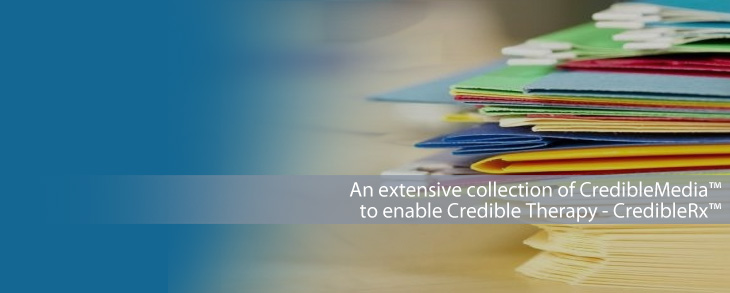News
May 22, 2025, 6:24 PM
AZCERT's Scientific Review Committee has found substantial evidence that Bilastine (antihistamine) and Gepotidacin (antibiotic) are associated with the development of QT prolongation but lack convincing evidence of causing torsades de pointes (TdP). Therefore, these drugs have been added to the Possible Risk of TdP category (PR) and to the List of Drugs to Avoid in patients with Congenital Long QT Syndrome (DTA List).
Apr 3, 2025, 7:22 PM
AZCERT today unveiled a critically important update to its CredibleMeds® mobile app, a revolutionary tool designed to help healthcare providers and patients navigate the complex world of medication safety. This comprehensive mobile application provides unprecedented access to vital information about medications that can potentially cause dangerous heart rhythm complications.
Dec 2, 2024, 10:03 PM
AZCERT's Scientific Review Committee has found substantial evidence that Opipramol (antidepressant), Revumenib (anticancer) and Sitafloxacin (antibiotic) are associated with the development of QT prolongation but lack convincing evidence of causing torsades de pointes (TdP). Therefore, these drugs have been added to the Possible Risk of TdP category (PR) and to the List of Drugs to Avoid in patients with Congenital Long QT Syndrome (DTA List).
Aug 14, 2024, 6:26 AM
August changes to the QTdrugs List and List of Drugs to Avoid in cLQTS
Apr 29, 2024, 6:00 PM
AZCERT's Scientific Review Committee has found substantial evidence re: the following medications. As demonstrated by these revisions, the QTdrugs list is dynamic and changes regularly. To perform a quick search of the Lists we recommend using the CredibleMeds website and the smartphone app (Apple or Android).
Feb 1, 2024, 5:00 AM
In the early days of the COVID-19 pandemic, several drugs already on the market were widely touted as potentially effective and were often prescribed in the hope that they could alter the course of COVID-19. Many of those drugs were originally developed for uses other than to treat a viral infection and were prescribed either off label, under “compassionate use” protocols or the FDA’s Emergency Use Authorization (EUA).
Dec 20, 2023, 5:21 PM
Merriam-Webster defines contraindicated as “not advised as a course of treatment or procedure” but the definition fails to address who or what type of organization/agency should have the authority to decide if a treatment is contraindicated under certain conditions...
Dec 12, 2023, 6:24 PM
December 12, 2023
Re: Changes to the QTdrugs List and List of Drugs to Avoid in cLQTS
Dear CredibleMeds Registrants:
AZCERT's Scientific Review Committee has found substantial evidence that Triclabendazole (antiparasitic) is associated with the development of QT prolongation but lacks convincing evidence of torsades de pointes (TdP). Therefore, this drug has been added to the Possible Risk of TdP category (PR) and the List of Drugs to Avoid in patients with Congenital Long QT Syndrome (DTA List).
Oct 30, 2023, 9:08 PM
A century ago, Drs. Bazett and Fridericia separately and simultaneously published their recommendations for how to correct the QT interval for differences in heart rate. Bazett recommended dividing the QT by the square root of the heart rate (measured as RR interval) and Fridericia recommended dividing QT by the cube root of RR...
Oct 1, 2023, 8:26 PM
Health screening is an established component of high-quality medical care and doctors regularly screen their patients for disease risk markers such as high cholesterol or hypertension. Yet, little progress has been made in finding ways to prevent one major problem, sudden cardiac death (SCD) which, according to the American Heart Association (AHA), is responsible for approximately 370,000 deaths annually in the US.




